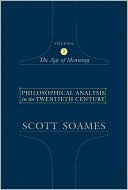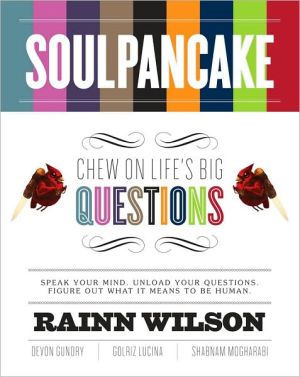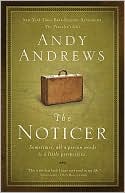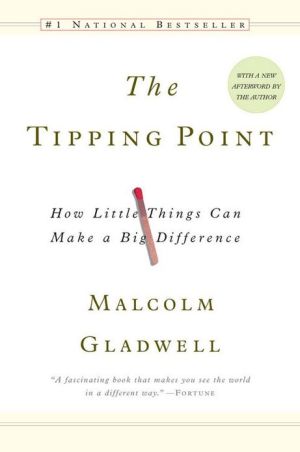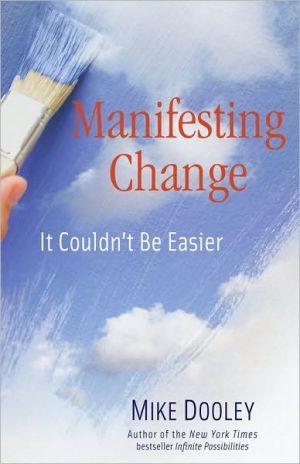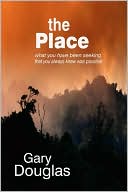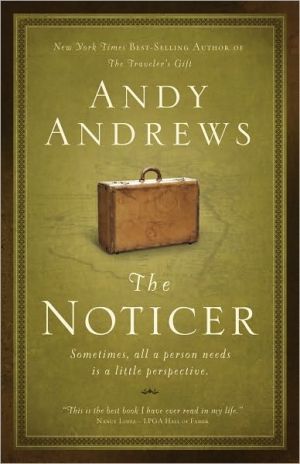Philosophical Analysis in the Twentieth Century, Volume 2: The Age of Meaning
Search in google:
"A history of analytic philosophy and an excellent piece of analytic philosophy in its own right. We can all benefit from Soames's discussion of the central issues that have shaped the subject and his assessment of what we have achieved and where we might have gone wrong."—Kit Fine, New York University"This monumental study is a careful assessment of the successes and the failures of twentieth-century analytic philosophy. Soames displays unfailingly sound judgment throughout. The work is invaluable to those of us who have contributed to this period of very recent history of thought, and more importantly, to our students who will build upon the triumphs and will profit from the defeats of ourselves and our predecessors, carrying philosophy forward into the new millennium. The work is also a comprehensive reality check in the face of persistent accusations (coming not only from those who do not understand analytic philosophy, but also from those who remain stuck in its recent failures) that analytic philosophy is a disease or a futile exercise in wheel spinning. Analytic philosophy is, and has always been, a rational quest for knowledge and understanding. Its tools are clarification, argument, and tutored intuition. Soames provides perspective concerning the best of recent philosophical thought, articulating its most important developments, dead ends, and discoveries."—Nathan Salmon, University of California, Santa Barbara"Philosophical Analysis in the Twentieth Century is a critical examination of key texts and trends in analytic philosophy by one of its leading contemporary practitioners. Soames has applied his formidable forensic talents to highlight the insights and expose the errors of the major figures from Moore to Kripke. These two volumes are an essential resource for any serious student of analytic philosophy."—Alex Byrne, Massachusetts Institute of Technology"Together these two volumes constitute an outstanding contribution to the field. They present the views and arguments of the major philosophers of the period with unmatched clarity and subject them to deep and critical scrutiny. In my view there is no other work on the history of twentieth-century century analytic philosophy that matches it in its scope, depth, and elegance."—Ali Kazmi, University of Calgary"This is an extraordinarily impressive piece of work. It will be very valuable to capable, advanced undergraduates, and I expect it to be used widely in graduate courses and discussed frequently by scholars. It provides a substantive vision of how and where real progress has been made by philosophers in the analytic tradition, as well as how and why analytic philosophy sometimes took a step backward. Soames himself is doing cutting-edge work in core areas of analytic philosophy and is thus able to bring a level of philosophical sophistication to his treatment that few have available to them."—John Hawthorne, Rutgers University Choice Because of its combination of sympathetic, illuminating exposition of the central doctrines and arguments of the analytic tradition and the hard-nosed critical evaluation to which they are subjected, this will surely be the standard history of analytic philosophy for many years to come.
AcknowledgmentsxiIntroduction to Volume 2xiiiPart 1Ludwig Wittgenstein's Philosophical Investigations1Chapter 1Rejection of the Tractarian Conception of Language and Analysis3Chapter 2Rule Following and the Private Language Argument32Suggested Further Reading62Part 2Classics of Ordinary Language Philosophy: Truth, Goodness, the Mind, and Analysis65Chapter 3Ryle's Dilemmas67Chapter 4Ryle's Concept of Mind92Chapter 5Strawson's Performative Theory of Truth115Chapter 6Hare's Performative Theory of Goodness135Suggested Further Reading153Part 3More Classics of Ordinary Language Philosophy: The Response to Radical Skepticism155Chapter 7Malcolm's Paradigm Case Argument157Chapter 8Austin's Sense and Sensibilia171Suggested Further Reading193Part 4Paul Grice and the End of Ordinary Language Philosophy195Chapter 9Language Use and the Logic of Conversation197Suggested Further Reading219Part 5The Philosophical Naturalism of Willard Van Orman Quine221Chapter 10The Indeterminacy of Translation223Chapter 11Quine's Radical Semantic Eliminativism259Suggested Further Reading287Part 6Donald Davidson on Truth and Meaning289Chapter 12Theories of Truth as Theories of Meaning291Chapter 13Truth, Interpretation, and the Alleged Unintelligibility of Alternative Conceptual Schemes312Suggested Further Reading331Part 7Saul Kripke on Naming and Necessity333Chapter 14Names, Essence, and Possibility335Chapter 15The Necessary Aposteriori372Chapter 16The Contingent Apriori397Chapter 17Natural Kind Terms and Theoretical Identification Statements423Suggested Further Reading457Epilogue: The Era of Specialization461Index477
